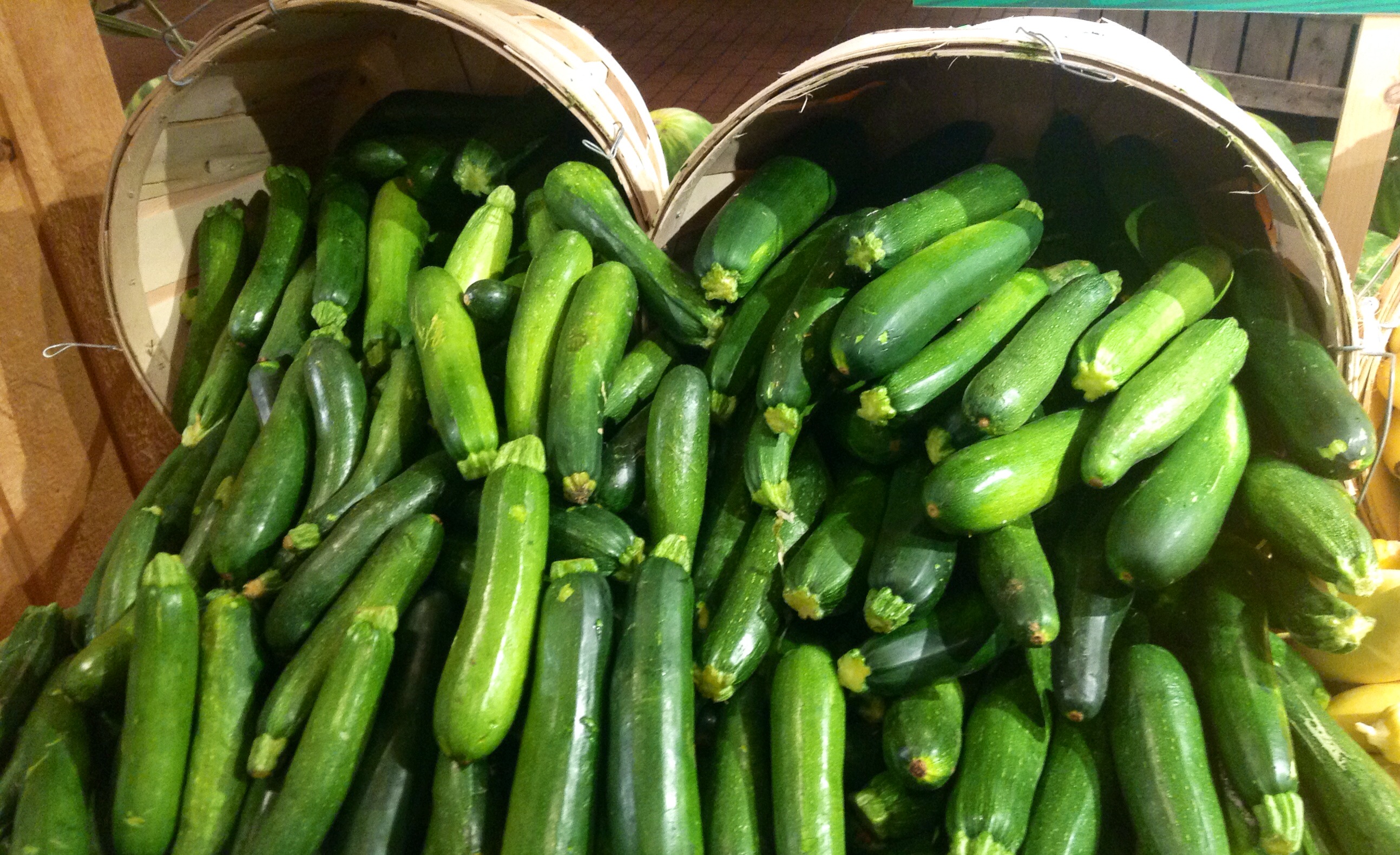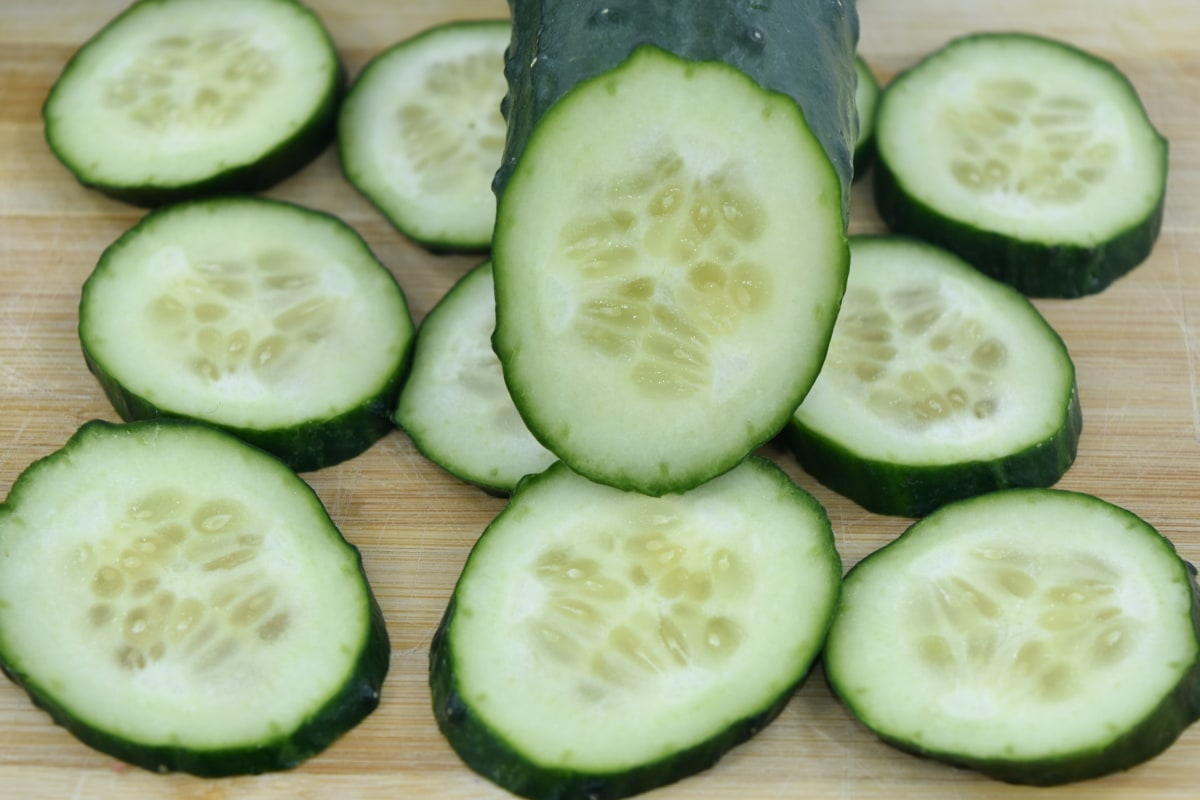
Kamut is a grain, which is also called Khorasan wheat, that can be a great alkaline addition to many people’s diets in the world. The grain have a great nutritional make-up, and it provides several minerals and fiber for the body. Kamut is sold at several health food stores, as flour, dry grains, or it is baked into cereals, crackers and breads.
Kamut provides the body with with a high amount of fiber, that helps to fight type 2 diabetes, lower cholesterol and maintain good digestive health. One cup serving of cooked kamut provides the body with 28 percent of the daily fiber recommended for women and 19 percent recommended fiber for men.
Kamut has a high concentration of essential minerals selenium and manganese. Each serving of kamut has the entire daily recommended amount of manganese recommended for women and 78 percent for men. The grain contains 55 micrograms of selenium, the entire daily selenium requirement for both men and women, as set by the Institute of Medicine. Selenium and manganese both function as antioxidants, which help rid the body of free radicals and protect against genetic mutations and cell membrane damaged. Both minerals also help the body’s hormone balance. Manganese helps synthesize sex hormones and selenium boosts the production of thyroid hormones.
The grain has considerable amounts of magnesium and zinc and can also be a great addition to other foods. One serving of kamut has 83 milligrams of magnesium, which is 20 percent of the daily recommendation for men and 26 percent for women. Kamut also gives the body 40 percent of the zinc recommended daily for men and 29 percent of zinc for women. Zinc benefits the immune system and magnesium promotes bone tissue health and helps the cell functions.





